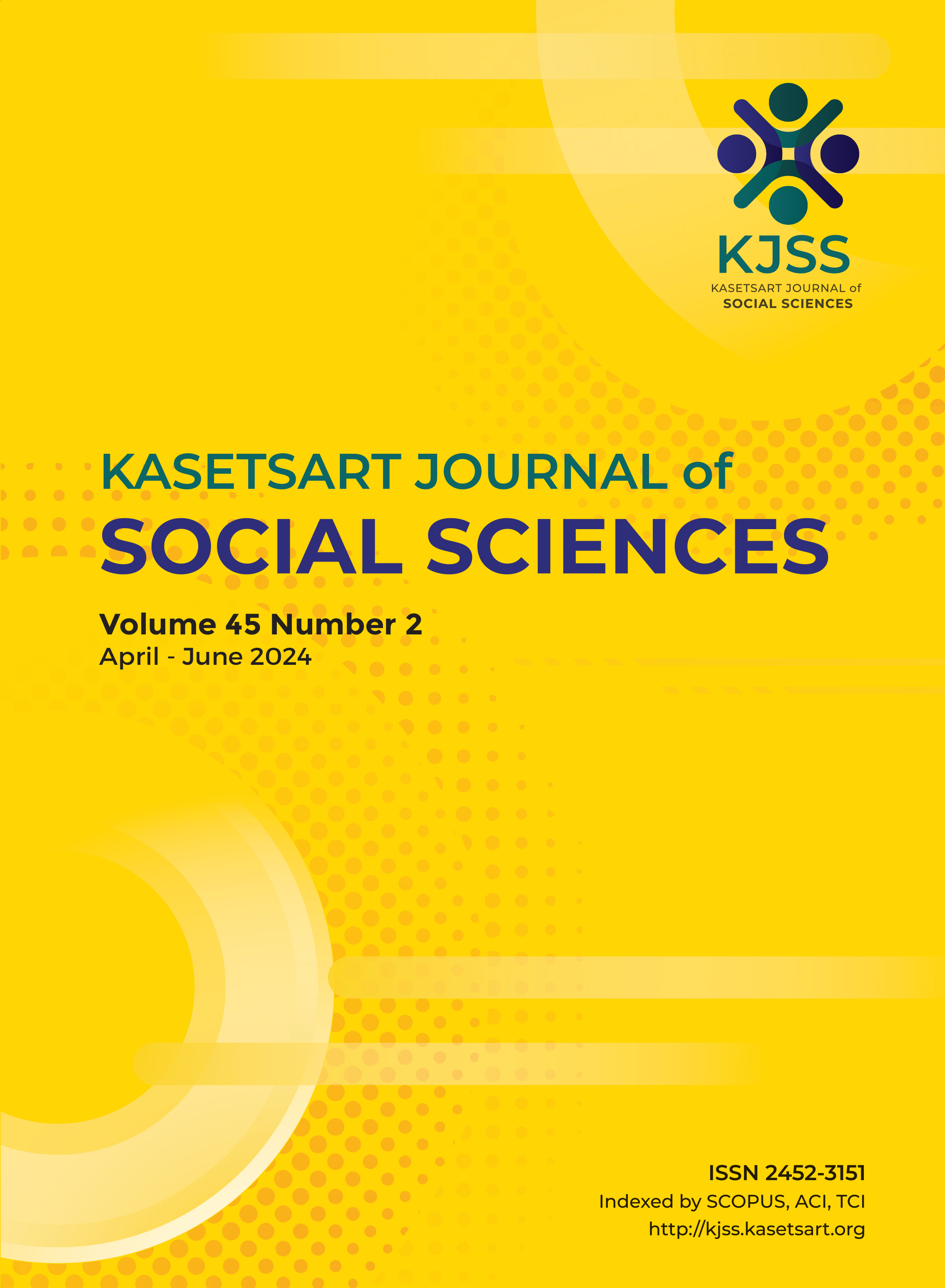Parents’ preferences for children’s books and parents’ anxiety about children’s literary consumption: A story from Indonesia
Keywords:
child construct, childhood, children’s books, children’s literatureAbstract
Some parents may think a children’s book is good, while others may not share that opinion. What is good is the core point of evaluation when parents select children’s literature. The way parents conceptualize what is good is heavily influenced by family values involving religious, cultural, and educational values. It is particular and takes cultural context such as parents’ cultural interpretation of child and childhood construct and children’s agency. This article discusses the result of in-depth interviews with eight parents who share their opinions about what is good for their children’s literary consumption. Combining theories of consumption studies and childhood studies, this article shows parents’ opinions on the characteristics of children’s books that are thought to be appropriate or not appropriate for children. The result shows that most parents in this study do not like heavily patronizing stories. This article reveals parents’ anxiety at the content of sexuality and violence in children’s books. Some parents avoid books that they think to violate their religious beliefs while others feel anxious about content that they think contaminates their cultural values.
Downloads
Published
How to Cite
Issue
Section
License
Copyright (c) 2024 Kasetsart UniversityThis is an open access article under the CC BY-NC-ND license http://creativecommons.org/licenses/by-nc-nd/4.0/










